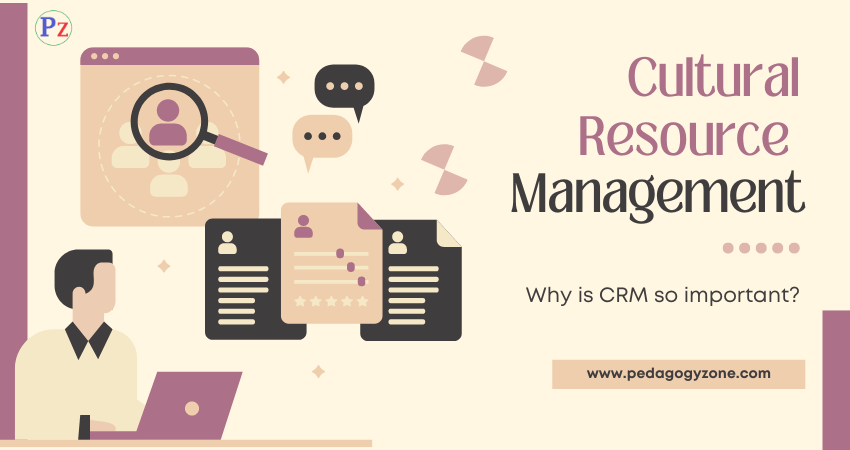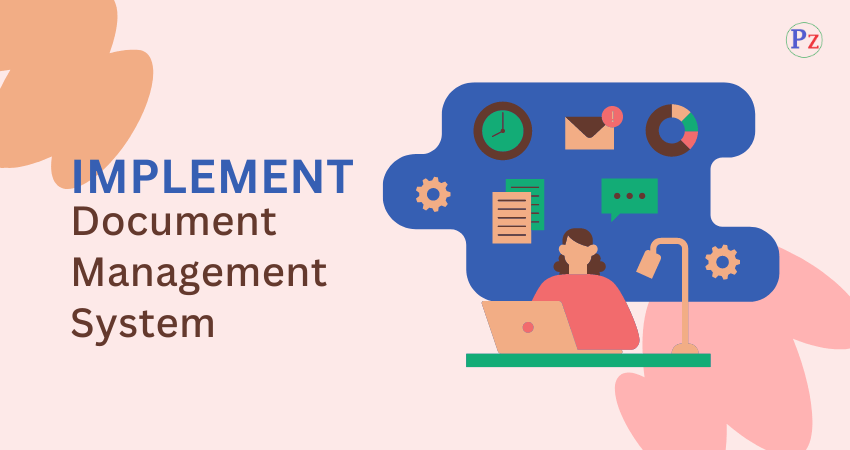An ethical dilemma is a situation wherein moral precepts or ethical obligations conflict in such a way that any possible resolution to the dilemma is morally intolerable. In other words, an ethical dilemma is any situation in which guiding moral principles cannot determine which course of action is right or wrong.
Several ethical dilemmas confront an HR manager. The ethical dilemmas arise from three sources face to face ethics, corporate policy ethics, and functional area ethics.
Face -to-face Ethics
These arise mainly because there is a human element in most business transactions. For example, a purchasing agent of a company develops personal relationship with sales representative who sells supplies to the company. They may address one another on first name basis, have lunch together, and talk often on phone. A company’s best customers may be well known to people in the production department as it helps to ensure that the company’s products fit the customer needs.
Corporate -policy Ethics
Companies are often faced with ethical dilemmas that affect their operations across all departments and divisions. Following conflicting situations are typical:
- Your R & D department has modernized one of your products. It is not really’ new and improved’. But you know printing these statements on the package and using it in advertisement will increase its sales. What would you do?
- You have a chance to win a big account that will mean a lot to you and your company assistant recommends sending a color television set to his home. What would you do?
Another issue relates to the results of employment contraction in labour intensive basic industries because of the improved methods of production. Modern technology has replaced older methods of production which has in turn resulted in hundreds being rendered jobless. The issue therefore is global economic competitiveness or local social-psychological stability?
The ethical burden of deciding corporate policy matters normally rests upon a company’s HR management. The HR managers and directors are responsible for making policies and implementing them too.
Functional -Area Ethics
Functional area of a business are likely to confront ethical issues. Accounting is a critical function of any business. Accounting statements reveal to the manager and owners the financial soundness of a company. Managers, investors, regulating agencies, tax collectors, and trade unions rely on accounting data to make decisions. Honesty, integrity and accuracy are absolute requirements of the accounting functions.
Marketing lends itself to several ethical issues. Pricing, promotions, advertising and product information are the areas of unethical practices.
Ethical dilemmas crop up in purchasing departments where strong pressures are felt to obtain the lowest possible prices from suppliers and where suppliers too feel a similar need to bag lucrative contracts. Bribes, kickbacks, and discriminatory pricing are temptations to both the parties.
| Read More Topics |
| Problems in HRA Reporting |
| How to manage ethics at workplace |
| Concept of discipline in HRM |
| Factors affecting compensation planning |





